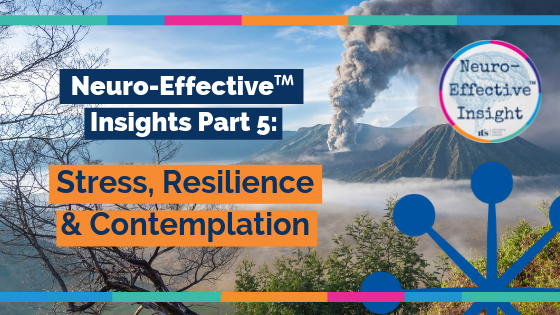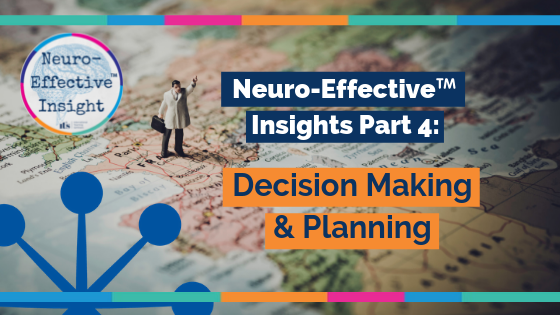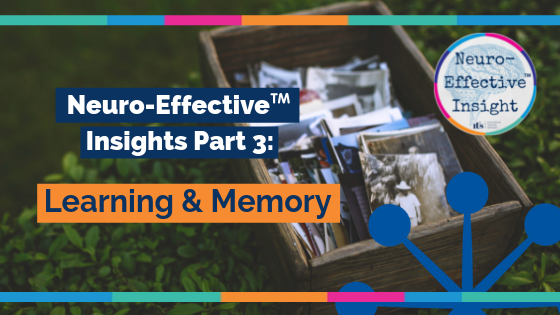Anyone who plays computer games knows how appealing it is when you, unexpectedly, hit a high score – especially if you are competing against friends and have scored higher than someone who typically beats you. But what happens when you feel that you should have scored well and didn’t? The brain really does not like it when you expect a reward and it does not happen! People often find that they want to play more, try harder, and maybe find a new twist or technique that might help them perform better the next time.
Many companies run some sort of performance-based reward system where employees who hit targets are given an expected financial reward. This is in contrast to the situation when playing computer games. It sends a very different message to the brain – do more of what you were doing and you can DEPEND UPON being rewarded again.
However, recent research by Yukiori Goto at McGill University and Anthony Grace at the University of Pittsburg demonstrates that there are (at least) two brain mechanisms for reward that compete directly against one another.
The first mechanism is looking for expected rewards, and this is linked to improvements in working memory: if we get an expected reward, we work harder to remember what we were doing so that we can do it more. This increases activity in the hippocampus – a part of the brain that is used for memory.
But expected reward also turns off a mechanism. That mechanism is activated when you’re not getting an expected reward. When no reward is forthcoming, the best thing to do is to change your behaviour and try something different. Then there is a chance that you will be rewarded in the future. So, lack of an expected reward increases the activity in the parts of the brain that look for different/flexible solutions to problems (prefrontal cortex).
Seems like we can choose to have a great memory for what we did before or to be more flexible about what we are currently doing – but not both at the same time! However, both of these responses have their place and different situations will call for different responses.
Neuroeffective Implications
If you want to be more effective by putting neuroscience to work for you, ask yourself, do you have a personal preference in these two response patterns? Then:
- Consider the reward scheme that is in place in your company.
- What kind of behaviour is this driving? More of the same or greater flexibility?
- Is this the behaviour you want?
- If not, how could you change your reward scheme to create new options for people?
For practical next steps contact the Neuroeffective Team.
To learn more about how you can apply neuroscience research personally and professionally visit our Neuroscience Learning Zone.
This blog is based on the following research:
Goto, Y. & Grace, A. (2008) Limbic and cortical information processing in the nucleus accumbens. Trends in Neuroscience, 31, 552-558.




